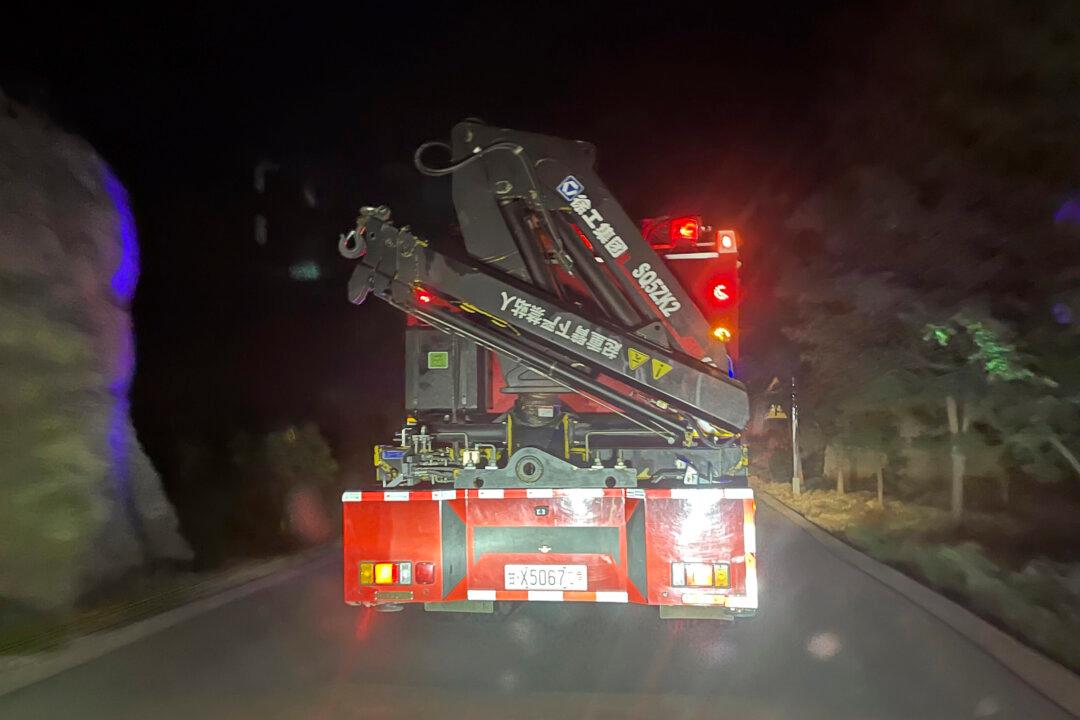Twenty-one people were killed when extremely cold weather struck during an ultramarathon in rugged Gansu province in northwestern China, sparking public outrage on Sunday over the lack of contingency planning.
The 100-km (62-mile) race began on Saturday from a scenic area at a bend in the Yellow River known for its sheer cliffs and rock columns. The route would take runners through canyons and hills on an arid plateau at an elevation of over 1,000 meters (3,300 feet).





